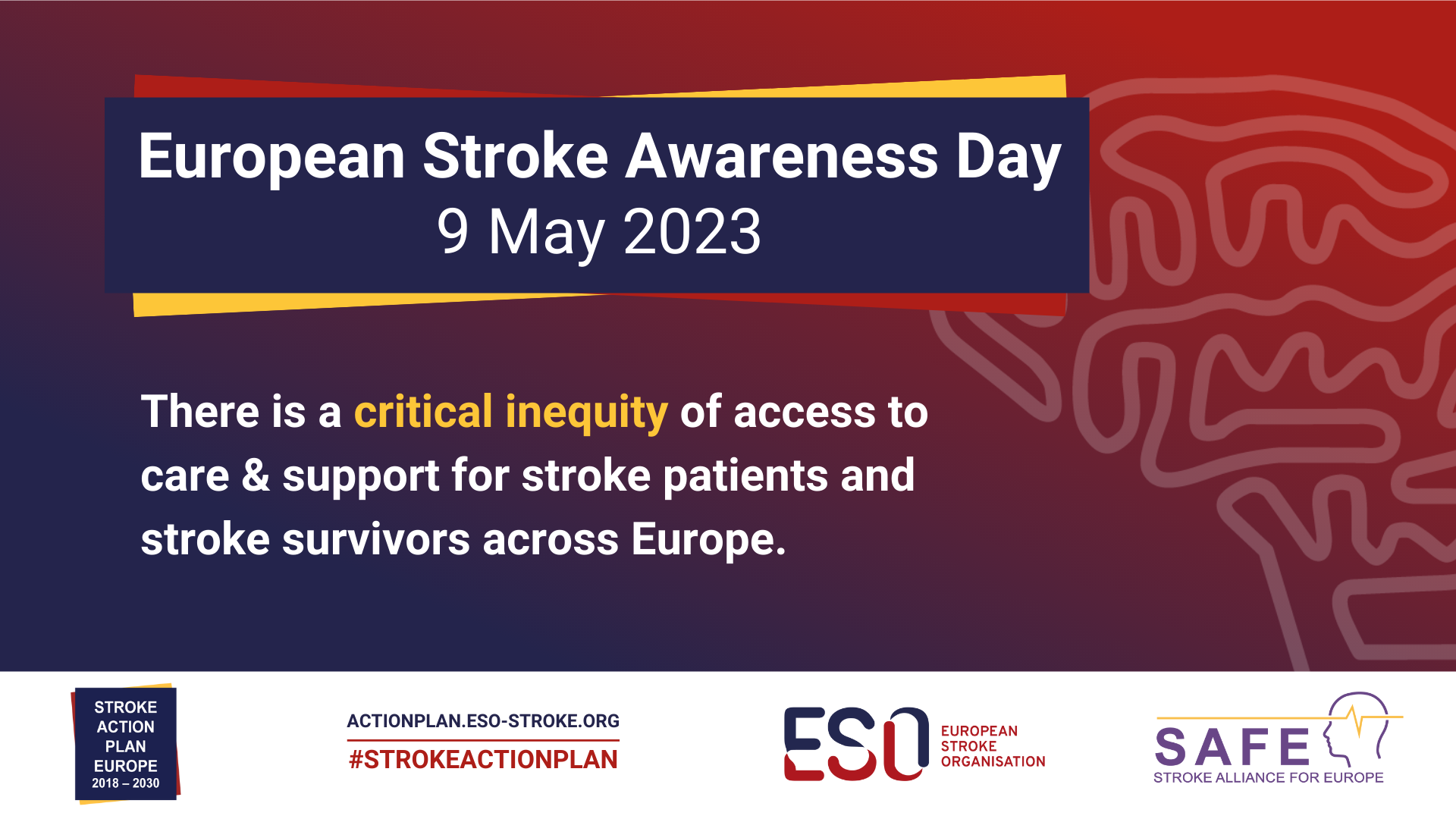WRONG, WRONG, WRONG! You blithering idiots are focusing on 'care' NOT RECOVERY OR RESULTS! will you please leave the stroke field and let smarter persons in to solve stroke!
Warning that Europe is failing to provide adequate stroke care and support – the scale of stroke care crisis is laid bare for first time by new data release

New data released today from the Stroke Action Plan for Europe Services Stroke Tracker, reveals the gross inequity of access to care and support for stroke patients and stroke survivors across Europe.
The Stroke Action Plan for Europe was launched in 2018, to provide a framework for European governments to improve stroke care and support for all citizens in Europe. As part of this Plan, and for the first time, data from across 36 countries across Europe, covering 12 key areas of improvement, has been collected and is available here [link to the website]. In summary the data shows:
- There is inequity in access to stroke care in Europe and insufficient access to care also in many high-income countries. This is the case for acute care, and to an even larger degree for rehabilitation and life after stroke support.
- National and/or regional data are crucial in planning, organising and documenting access to care; however, such data are lacking or incomplete in the majority of European countries. Most European countries do not have a National Stroke Plan or National/regional registries to monitor stroke care.
- The burden of stroke is predicted to increase but despite this, most countries do not have a plan for primordial or primary prevention.
Professor Hanne Karup Christensen, Stroke Action Plan for Europe steering committee chair: To reduce the burden of stroke in the years to come with its grave effects on individuals as well as societies, governments must prioritise implementing an adequate organization which include plans for primary and primordial prevention, National stroke plans and national/regional registries to monitor quality, outcomes and access to stroke care.
Arlene Wilkie, Director General, Stroke Alliance Eruope: This data released today shows a woeful lack of equitable access to stroke care and support across Europe. This is not good enough. Our governments must do more to prevent stroke, and when they do occur, ensure that every citizen has access to physical and emotional care and support in hospital as well as the ongoing long term support that each stroke survivor and carer needs when they go home. Urgent action is needed by each country to implement and fund a national stroke plan that covers everything from prevention, to acute care, rehabilitation and long term support.
All information can be found here
No comments:
Post a Comment